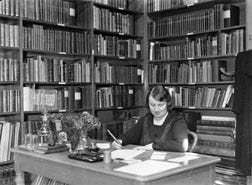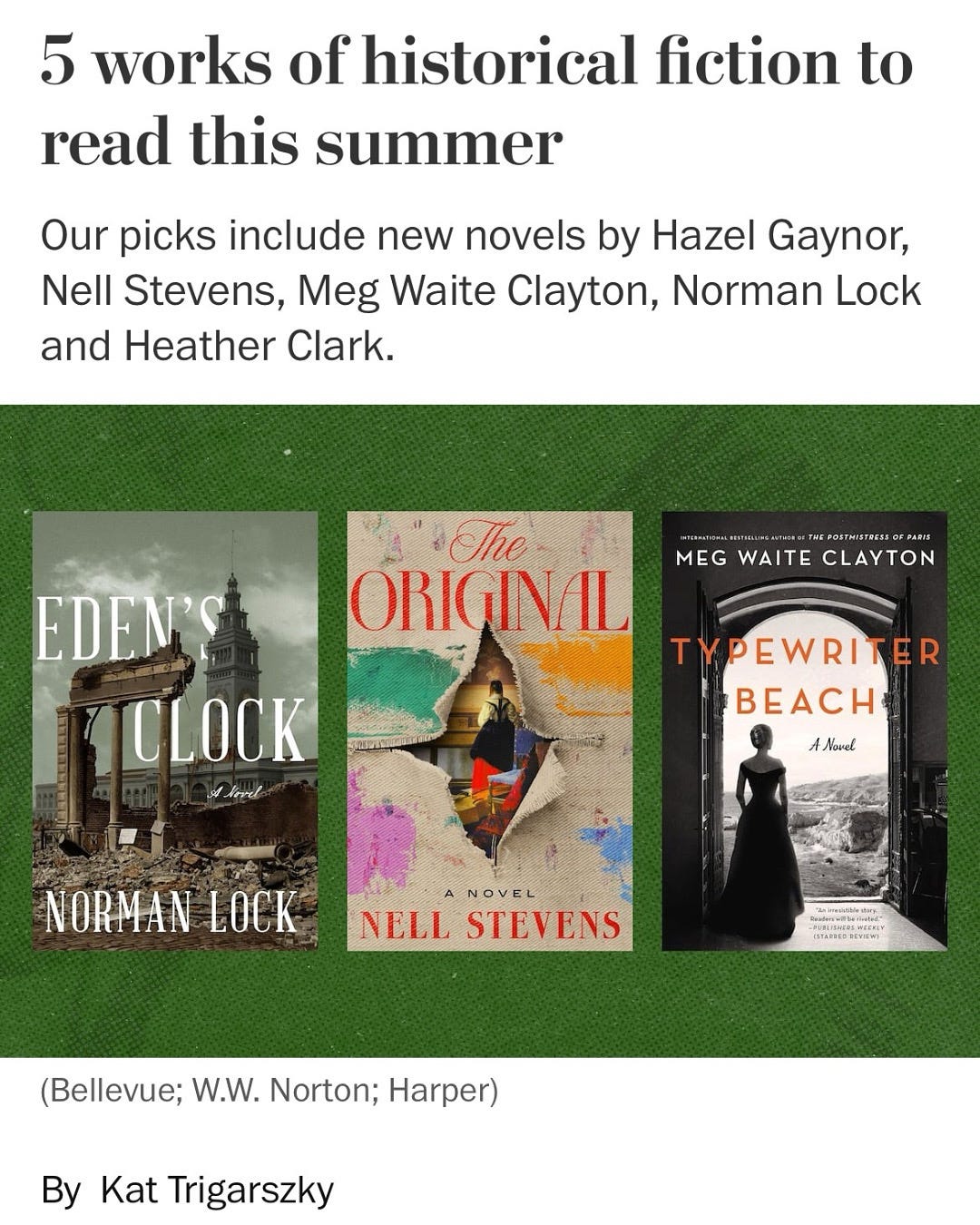The joy of libraries
Did you know that even if you only borrow a book from a library, rather than buying a copy of it, the author still receives royalties?
An author will earn a little money each time their book is borrowed from a public library in the UK, thanks to the Public Lending Right. This was established in 1979, following lobbying by the Society of Authors and others.
Although the amount received per book loan is small, the total amount an author can receive each year could be as much as £6,600 (as of 2021/22)
In the US, the system is slightly different, with an author receiving royalties only on the library’s initial purchase of the book. Likewise, with digital copies of a book, an author will receive royalties on the licence itself (rather than each time the ebook is borrowed).
Here in Sweden, the system is similar to the UK, with royalties paid out annually based on the number of times a book has been borrowed. The maximum amount that an author can earn for 2025 is 302,000 Skr, which is around £23,000.
In addition, these library royalties in Sweden can be paid out to an author’s heirs for as long as the copyright on the book extends (in other words, seventy years).

And this is (one of the many reasons) why I love libraries so much.
What I’ve been up to recently
I passed 36,000 words of Codename Charlotta written as of yesterday. Which means I am closing in on the 40k that I have said will be half the book written. Yes, I’m trying to keep this one to 80,000 words, give or take.
Will I manage it? Let’s just say that at its largest, The Third Letter hit 98,000 words, and I wrangled it down to a slightly more manageable 91,000 words. (For comparison, the average historical fiction novel comes in at 80,000-100,000 words, but can go up as far as 120,000 – although that’s highly unlikely for a debut novel.)
I had a wobble about a week ago and started to wonder if I had bitten off more than I can chew.
The problem was that I am not the best at outlining before writing. This time, I did write up an outline, but I have written for one section of it: “Ester does espionage stuff”.
And of course, that’s the part that I hit last week. Thanks, past Kat, for that helpful piece of plotting.
But I put on my big girl pants and allowed myself to write little bits of scenes from further into the story (rather than focusing on writing chronologically). And it worked.
In other news, my second historical fiction roundup has been published in The Washington Post, picking five new releases for those who want to be transported back in time this summer.
If you read any of them, do let me know what you think!
On the bedside table
I Can’t Begin To Tell You – Elizabeth Buchan: A story of a British woman in Denmark during the Second World War who makes the bold decision to help an SOE agent dropped into the country to work with the Danish resistance. This story intersects with a few aspects of the one I’m writing, so it’s an interesting read for me.
A Nurse’s Tale – Ola Awonubi: Oh yes, another story set during the Second World War. This one is a dual timeline story of a Nigerian princess training to be a nurse during the war and that of her great-niece discovering her diaries eighty years later. I love reading stories that look at the war from a different angle or point of view.
I think I’m in a bit of a reading slump. After finishing the five books that I read for The Washington Post round-up, I have found it hard to read. I need a week or so, I suspect, and then I’ll be right back on track.
As usual, you can check out what is on my TBR or pick up copies of my recent reads at Bookshop UK (affiliate link) if any have piqued your interest.
If you’ve enjoyed reading this and like what I write, why not tap the heart up there at the top or down at the end of this email ❤️, drop me a comment, or share it with someone else you think might also like it.
And if you want to help keep me powering along, you can buy me a virtual coffee - always keeps me going ☕
Until the next time,







